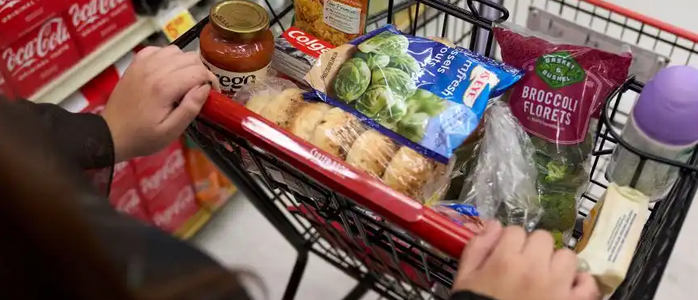
In the U.S. there is a real threat of suspension of payments for food assistance program Supplemental Nutrition Assistance Program (SNAP) from November 1 due to the ongoing federal government shutdown. This is reported by the U.S. Department of Agriculture (USDA) and the U.S. media.
USDA said in an October 24 memorandum that the agency does not intend to use its reserve funds (approximately $5 billion) to cover SNAP benefits in November because funding for the program has not been approved by Congress. More than 41 million people are at risk of not receiving food assistance in November.
Some states have already warned: if funding is not restored, SNAP benefits will not be paid on November 1.
SNAP is the largest food assistance program in the US: it covers about one in eight Americans (~42 million). Suspending payments could have serious social consequences: food insecurity for low-income families, increased reliance on food banks, and increased social tensions.
Until a decision on SNAP funding is made, states are taking different measures: some states have declared a state of emergency in order to use their own budgets to provide payments in November. However, such steps do not guarantee that the federal government will reimburse some of the costs. If the situation does not change by the end of October, the program could be partially or completely suspended in November, posing a serious challenge to the millions of people dependent on food benefits.